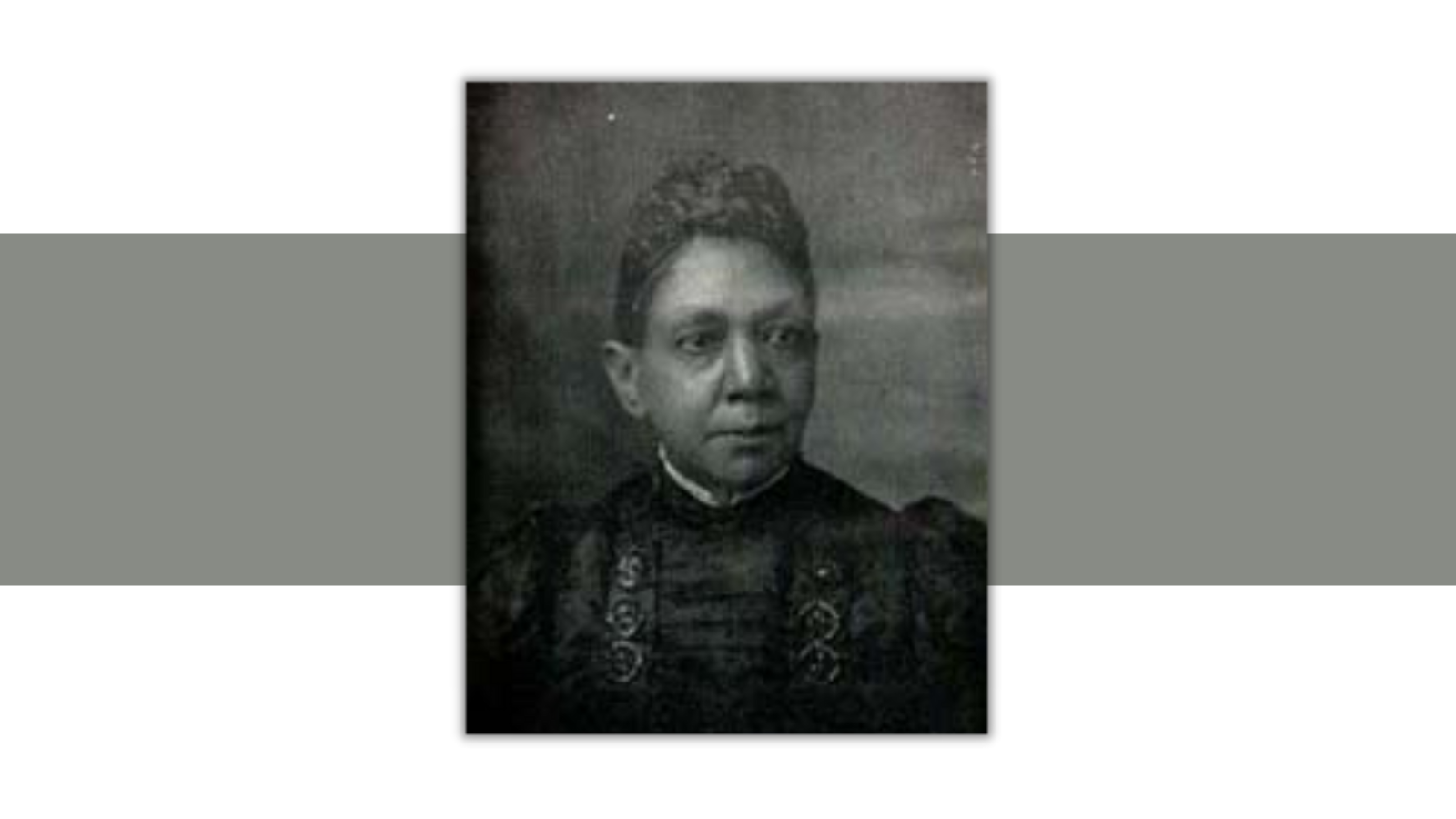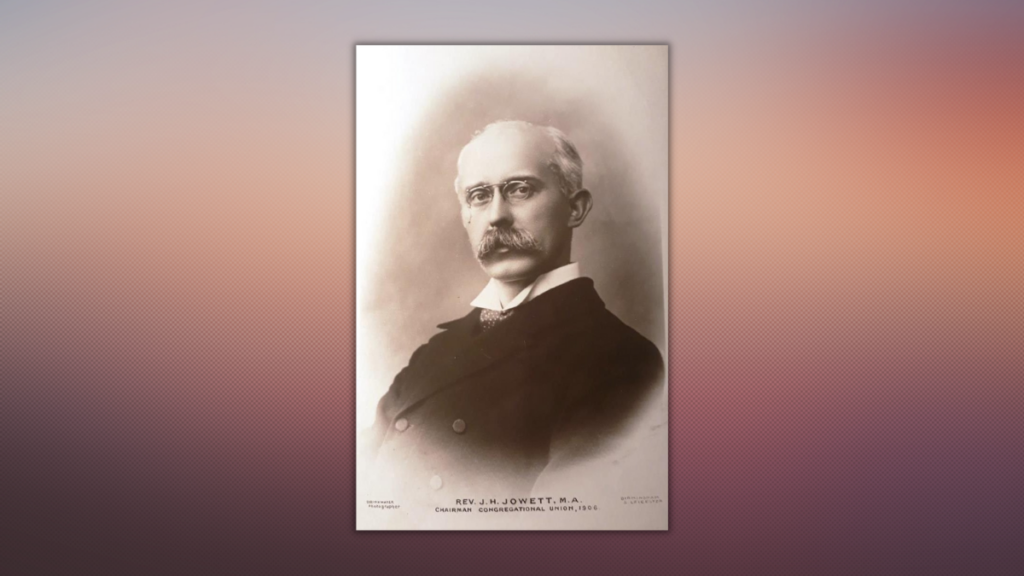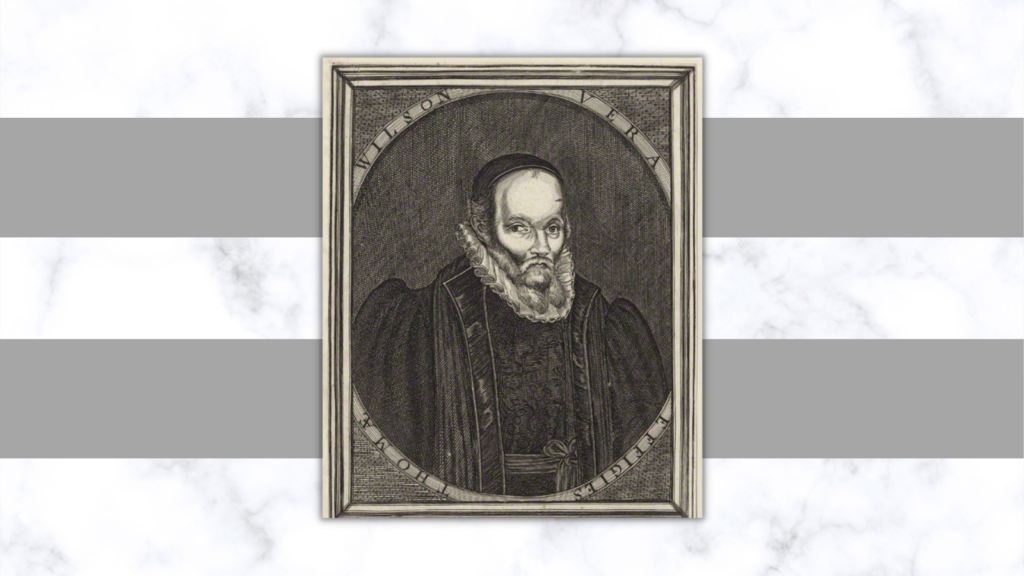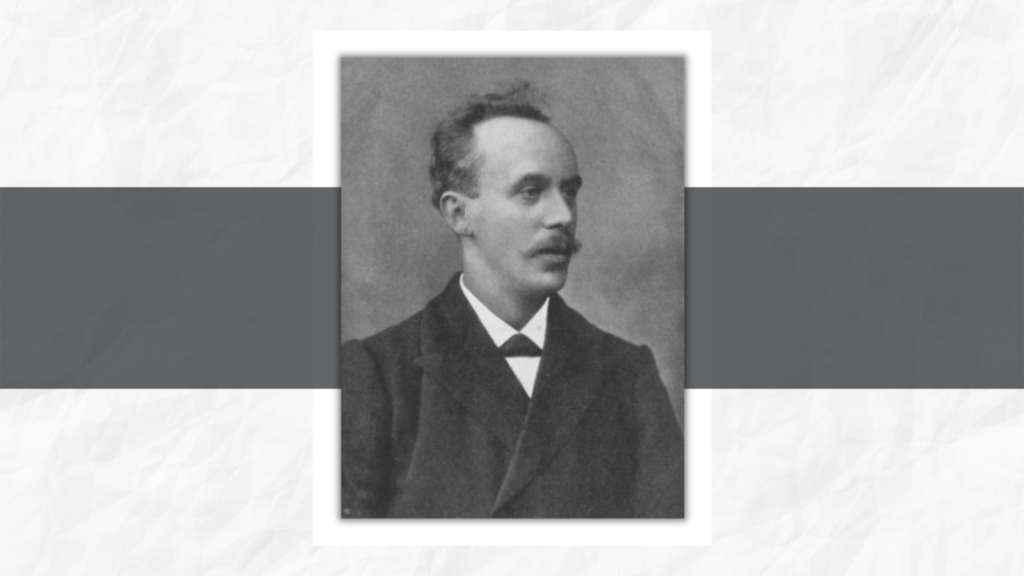Fanny Jackson Coppin (1837–1913) dedicated her life as a teacher and administrator to improve the lives of African Americans.
This year is the 185th anniversary of her birth.
Born a slave in Washington, D.C., she was 12 when an aunt purchased her freedom for $125. She moved to Newport, Rhode Island, and worked as a domestic servant, using her income to hire a tutor three hours a week in order to attend the Rhode Island State Normal School.
After receiving a scholarship from the African Methodist Church, she enrolled in 1860 at Oberlin College (Ohio), the first college in the United States to accept both African Americans and female students.
Rigorous curriculum
The first year she took the “ladies’ course,” switching to the more rigorous “gentlemen’s course” the next year. This required taking Greek, Latin and mathematics.
“It was in me, to get an education,” she wrote later, “and to teach my people. This idea was deep in my soul.”
As a junior, she taught junior and senior students in a preparatory class, which increased in size and had to be divided. She taught both divisions. She was the first African American student to be a pupil-teacher.
Jackson graduated with a bachelor’s degree from Oberlin in 1865, one of the first African American women in the nation to obtain a college degree.
Upon graduation she taught Latin, Greek and mathematics at the Institute for Colored Youth, a Quaker school in Philadelphia. In 1869, she became head principal of the Institute, the first African American woman to be a school principal.
In 1871, she established a normal school department. Enrollment in teacher training far exceeded that of the classics’ studies, and a practice-teaching program was added in 1878.
‘Grace’ of education
In 1889, Coppin formed an industrial training department, which offered vocational courses in 10 trades; she worked with employers to hire her students. She established a Women’s Industrial Exchange to display the mechanical and artistic works of young women.
Coppin wrote to Frederick Douglass about her desire to see her race “crowned with strength and dignity; adorned with the enduring grace of intellectual attainments.”
She retired from her beloved institute in 1902 after 37 years.
Upon her retirement, she began a new career as a missionary. She accompanied her husband, Levi J. Coppin, a distinguished A.M.E. minister and bishop for South Africa, to Cape Town. She taught women about temperance and traveled with him organizing missionary societies. They founded the Bethel Institute, a missionary school.
After several years in Africa, Coppin’s health deteriorated, and she returned to Philadelphia where she died Jan. 21, 1913.






Share with others: